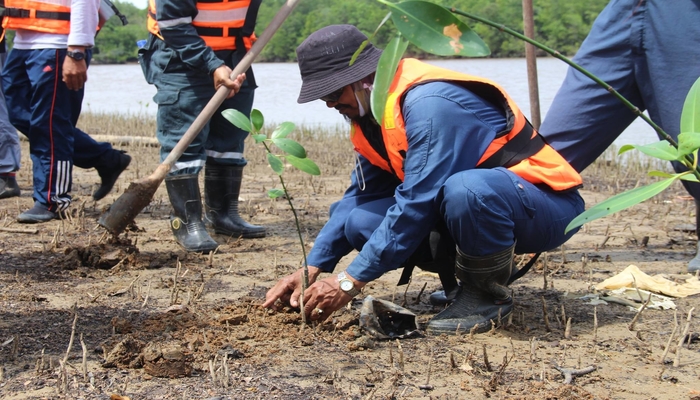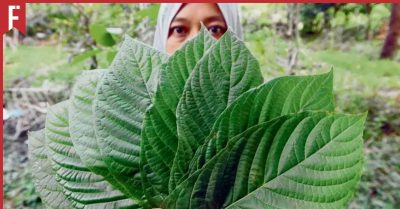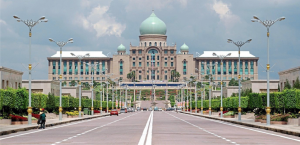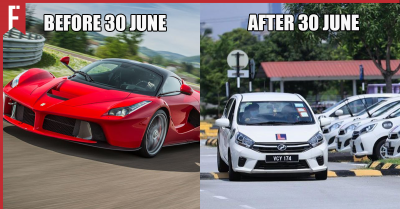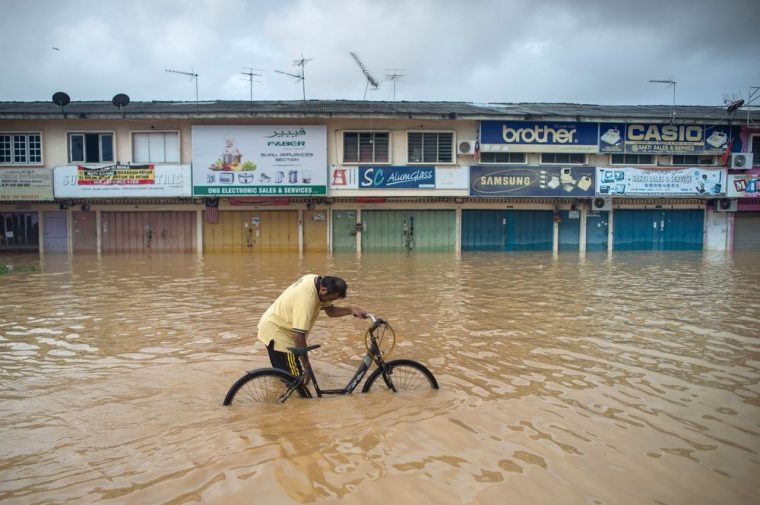
It’s been about two-and-a-half years now, and this pandemic has turned just about everything in our lives upside-down. Even if it were to end tomorrow, all the lockdowns, SOPs and work-from-home measures have altered our way of life — perhaps forever.
But today, we’re not here to talk about COVID-19. Instead, we’re here to discuss another problem — one that’s far older, with the potential to not only cause more changes in our lives, but ruin them completely.
I’m talking, of course, about climate change.
For many of us, the issue of climate change has taken a backseat to the COVID crisis. But while we’ve already managed to develop a vaccine for COVID-19, climate change doesn’t have any such straightforward solutions.
The issues of climate change may be more of a long-term problem, but if we choose to ignore it, the consequences could be far more dire.
The Tree, The Sky, The Sun
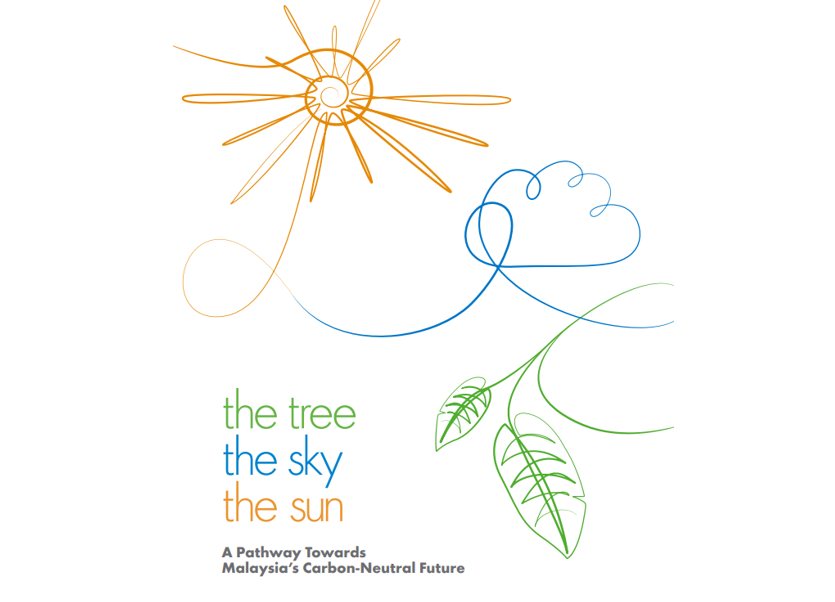
Surprisingly enough, Shell has been one of the leading proponents for a greener, more sustainable Malaysia. Yes, I’m talking about the oil company.
Back in 2018, Shell published the Sky scenario, which tried to show a technically and economically possible way to reduce the global emissions and prevent the global temperature from rising more than 2℃.
In 2019, Shell’s scenarios team began to look a little closer to home. Working with Malaysian consultants and stakeholders, they came up with a pathway, a story of how we could create a greener future where Malaysia had zero-net emissions.
In July 2021, Shell Malaysia revealed the fruits of their labour with the launch of “The Tree, The Sky, The Sun: A Pathway towards Malaysia’s Carbon Neutral Future”.
The Tree, The Sky, The Sun is a book that tells the story of how Malaysia could reach for the sky — carbon neutrality by 2065 — with its unique advantages of tree and sun.
As part of this launch, The Full Frontal was given the opportunity to learn more about this topic and how it affects the lives of everyone in Malaysia, not just today but in the years to come.
So What Is Carbon Neutrality?
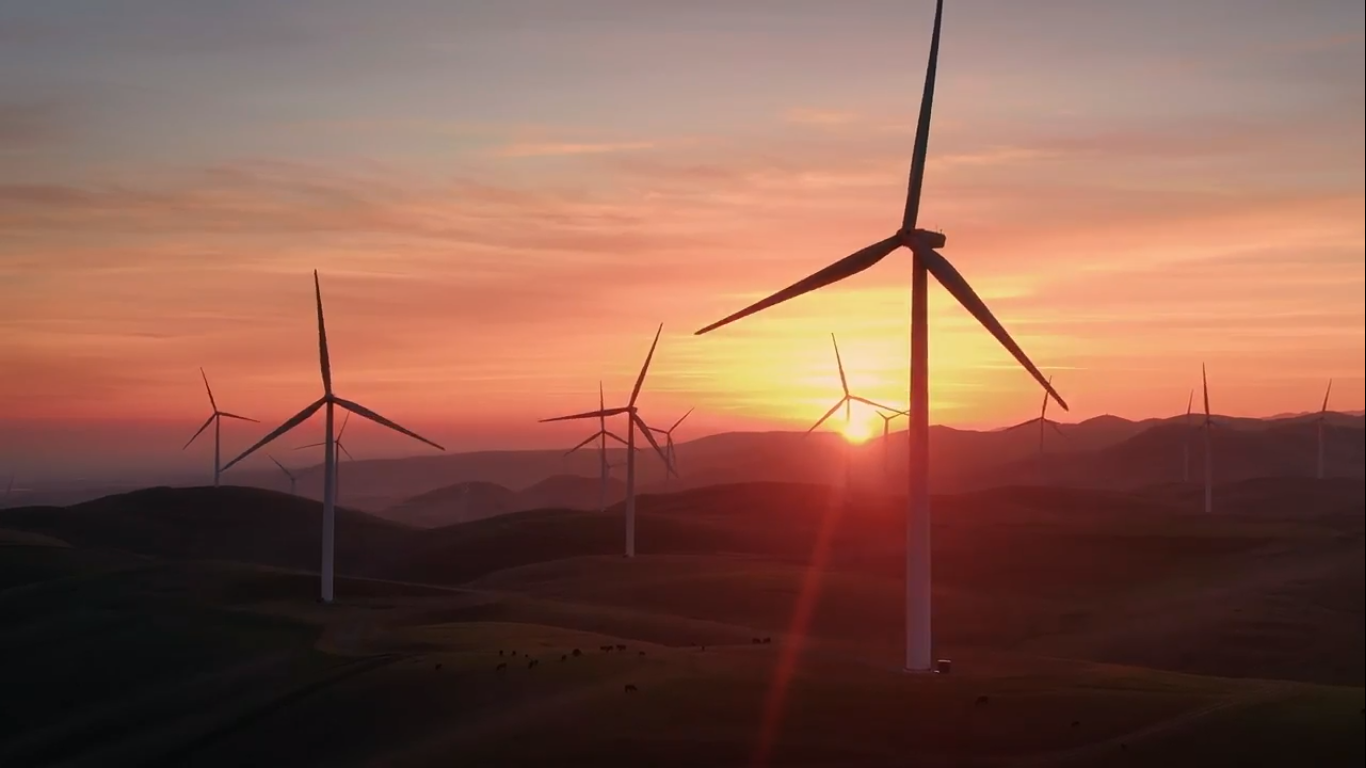
Simply put, carbon neutrality means having net-zero carbon dioxide emissions. In other words, the amount of carbon you’re putting into the atmosphere is balanced out through natural carbon sinks such as forests.
Achieving carbon neutrality will require a big shift in how we live, learn and develop — but that doesn’t mean that it’s a bad thing!
Imagine living in a country where our households are run by solar or wind power rather than coal or gas. A country where people use electric cars or eco-friendly public transport to get around. A country filled with lush, green forests, where everyone can enjoy a happier and healthier standard of living.
If we are willing to put in the effort, this is the Malaysia that we could be living in.
2065? Why So Far Away One?
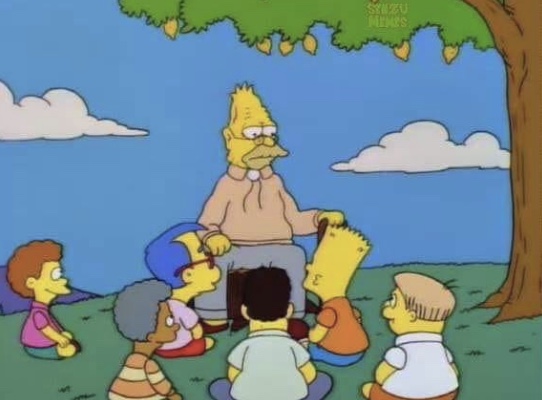
I have to admit, at first I was a little skeptical myself. After all, even assuming that everything goes according to plan, by the time it’s done, I’ll already be an old man! Who’s going to trust a plan if they won’t see any benefits until they’re already old and retired?
Well, the reason why this plan used the year 2065 is because it was seen as the most feasible time when all the key features can be done. The team behind the book actually came up with no less than five different scenarios from most to least aggressive, but they decided that 2065 was a good target for a balanced pathway with reforestation.
However, if we Malaysians decided to pursue this goal more aggressively, it’s possible to achieve carbon-neutrality a lot faster!
Unfortunately, after seeing our current situation, I’m honestly worried that things will still be the same even until 2165…
Changing Habits Take A Long Time
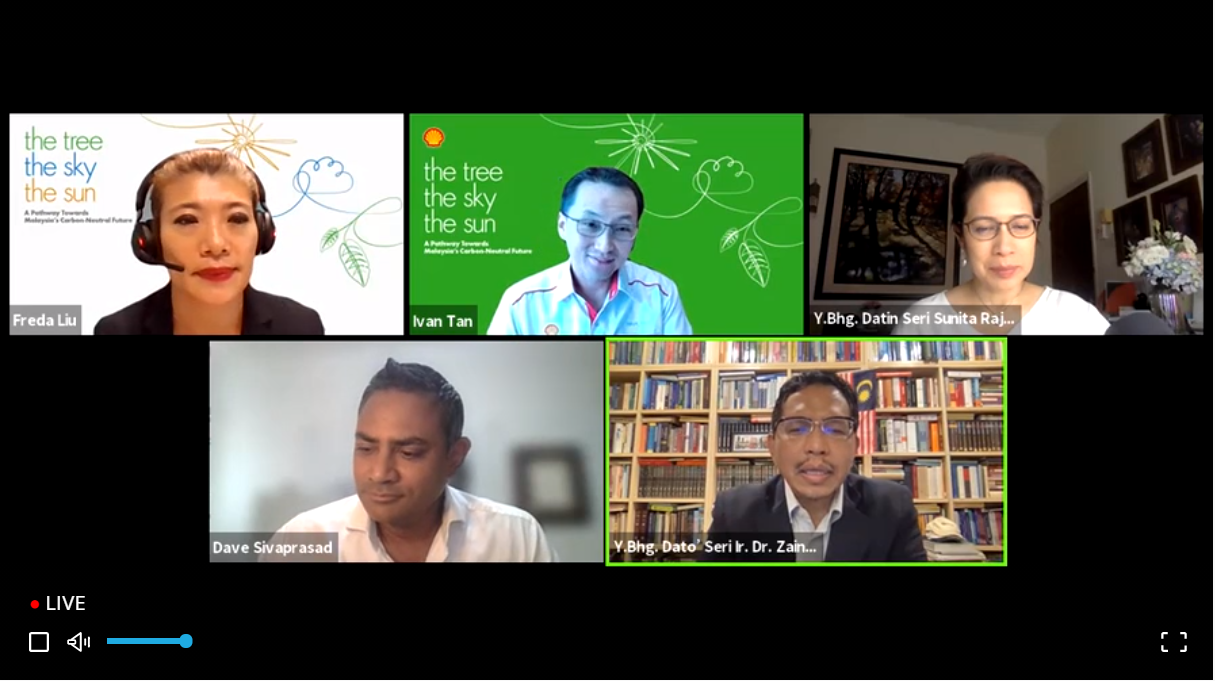
During the launch event, Shell Malaysia hosted a roundtable discussion with local speakers representing the government, the private sector and climate activists.
While they all had different perspectives, they could all agree on two things:
One: trying to fight climate change would take a long time; and
Two: some of the biggest challenges would come from changing the average Malaysian’s attitude and behaviour regarding environmental issues.
“When we talk about carbon, many times I have to explain what carbon is,” said Y.Bhg. Dato’ Seri Ir. Dr. Zaini Ujang, Secretary General of the Ministry of Environment (MOE).
“It’s so bad that when I talk about carbon, some people think that carbon is “carbo” — carbohydrates! So we have to educate people and make them understand what carbon is first before we can start implementing things like a carbon tax.”
One of the big factors of The Tree, The Sky, The Sun is an emphasis on educating young Malaysians on the importance of environmental issues. By working with the youth, we can help shape the future.
But it’s not just the younger generation that we have to worry about. If we want to move Malaysia into a greener, brighter tomorrow, we will need the support of everyone — young or old, rich or poor.
But Why Go Through All This Effort?
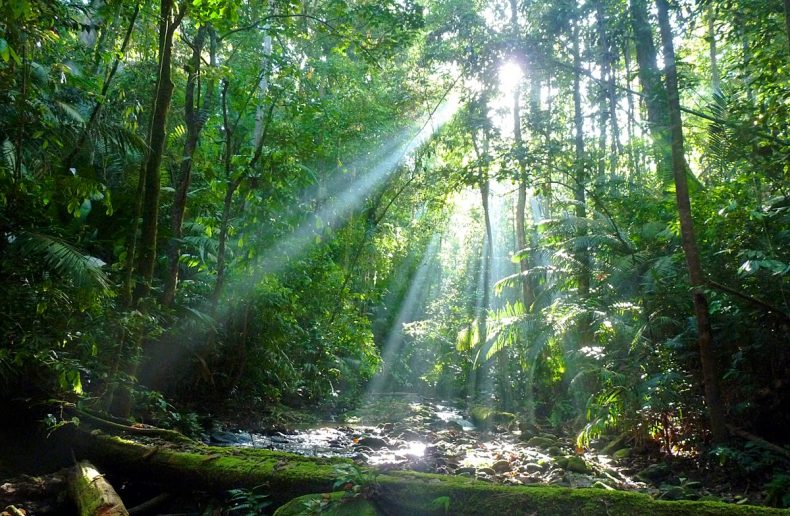
“Once something is gone, it’s gone forever,” said Y.Bhg. Datin Seri Sunita Rajakumar, Founding Chairperson of Climate Governance Malaysia.
“One example is our cave systems. Today, Malaysia has unique 300-million-year-old limestone karst caves. If they are destroyed due to greed or carelessness, you can’t just go to a store and donate money to a fund to fix it. It’s gone forever.”
Whether we like it or not, the world is changing. If we don’t take action now, it’s likely that global temperatures will rise out of control — leading to devastating consequences worldwide.
Fortunately, while this is a difficult challenge, the situation isn’t all doom and gloom. In fact, we Malaysians actually have a few leg-ups compared to the rest of the world.
“Malaysia is actually hugely advantaged for this transition,” said Ivan Tan, the Chairman of Shell Malaysia. “We have forests, natural resources, a stable environment…“
In the book, it’s mentioned that some of Malaysia’s biggest advantages comes from being a country that is:
-
Free from natural disasters (earthquakes, volcanos, etc.)
-
Has land available for development
-
Steady GDP growth, a conducive investment climate and a tech-driven economy
-
Has an educated, multilingual population
-
Located right in the middle of ASEAN, making it a strategic location for trade
-
Good infrastructure (though it still has room for improvement)
So What Can I Do To Help?

When we talk about big issues such as climate change, there’s this temptation to just shrug and leave it all to other people.
“I’m just a one single person,” you might say. “What could I possibly do to make a difference?”
However, the truth is that even a small change, a tiny adjustment, can make a big difference in the long run.
“If my destination is 1km or less, I try to cycle or walk. If we can get 10 million people to do that, we can definitely reduce our carbon footprint!” said Dr. Zaini.
Of course, currently most of us aren’t driving anywhere due to the EMCO (or is it EIMCO? FMCO? BINGO? At this point, I’ve honestly lost track). However, there are still a few ways to reduce your carbon footprint from the safety of your own home:
1) Switch off your aircond
I know, I know. When the weather is hot, it’s so tempting to pick up the remote and crank that aircond temperature until your house is nice and cool again. But having your aircond on all the time not only harms the environment, but also increases your electricity bill! Try keeping your curtains and windows open to let some fresh air into your house instead.
2) Turn off your tap
In Malaysia, we’re very fortunate to have cheap access to clean, flowing water. However, every drop of water that flows out of your tap requires energy to be processed and delivered all the way from the treatment plant.
To reduce wastage, try turning off the tap while brushing your teeth, taking short showers rather than baths and only boiling the water you might need, when you need it.
3) Reduce, Reuse, Recycle
In 2019, a study found that each Malaysian household generated an average of 1.17 kg of garbage a day. It may not sound like much, but when you see how much is being sent to the landfill, it adds up fast!
What you can do to help is cut down on your household waste by reusing and recycling whatever you can.
It may seem tough at first, but just remember that you’re not alone. In fact, over the past few years, more and more Malaysians have stepped up to do their part to tackle the problem of climate change.
Even if it looks small, the seeds that you plant today can make a big difference in the years to come.
If you’re interested in learning more, here’s How Malaysia’s Next Generation is Stepping Up to Protect the Environment.
